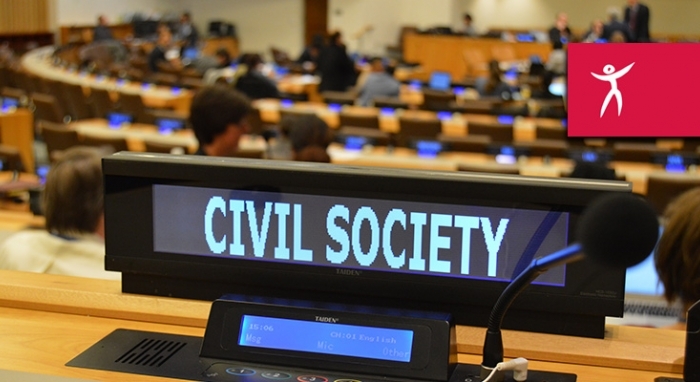The global funding landscape is shifting. The cessation of USAID funding and statements from European Union countries reprioritising or reducing financial aid in the human rights field created a more uncertain and restrictive environment for civil society. While recognising the importance of international aid in the field and its broad impact at the grassroots level and their operations, the problem extends beyond funding cuts.
These developments should not be interpreted merely as a change in political will, but as a failure to uphold international legal commitments. We must challenge prevailing narratives and misconceptions, particularly those that portray funding for human rights NGOs as optional or dependent on political goodwill.
Article 2(1) of the International Covenant on Economic, Social and Cultural Rights (ICESCR) compels States to take steps, including through international cooperation and assistance, toward the full realisation of human rights. General Comment No. 3 clarifies that this includes not just domestic resources, but also those available through international collaboration.
Taking into account the indivisibility and interdependence of all rights enshrined in the Universal Declaration of Human Rights, this obligation has implications for the realisation of all human rights, not just economic, social, and cultural rights.
The UN General Assembly and the Human Rights Council through the relevant resolutions reiterated that the right to access resources is inherent to the right to freedom of association, and that States must not obstruct but rather facilitate an enabling environment for civil society, including through adequate funding and protection.
Furthermore, the UN Declaration on Human Rights Defenders, particularly Article 13, guarantees civil society’s right to seek, receive, and utilise funding, including from international sources. The Declaration +25 supplement to the Declaration on Human Rights Defenders provides a comprehensive set of standards to protect the right to defend rights and calls on States not only to refrain from hindering access to resources, but to proactively ensure enabling environments, including legislative, financial, and logistical frameworks that support HRDs.
In this context, the question is not simply whether funding is available, but whether States are meeting their obligations to provide or facilitate access to it.
While the current funding landscape is undoubtedly challenging, it also creates an opportunity to reorient funding approaches toward a decolonised, human rights-centered model that is rooted in the priorities and agency of grassroots communities, local civil society actors and human rights defenders operating in increasingly restrictive environments.
Despite the high-level funding streams still in existence, real transformation must begin from the bottom. Organisations, especially those working at the local and regional levels, must be empowered to define priorities themselves in close consultation with communities. These priorities should not be dictated by the political agendas of States or international actors, but rather by the lived experiences and challenges of those on the ground.
This approach demands not only elevating grassroots perspectives, but also supporting and investing in the transition of civil society organisations toward more sustainable, resilient, and community-driven financing models. In this advocacy effort, Article 13 of the UN Declaration on Human Rights Defenders and Article 10 of the Declaration +25 serve as powerful tools to advocate for access to funding.
These provisions also serve to remind States of their commitments to support those who promote and protect human rights—commitments that are directly interlinked with the right to defend human rights itself.
Download as PDF




